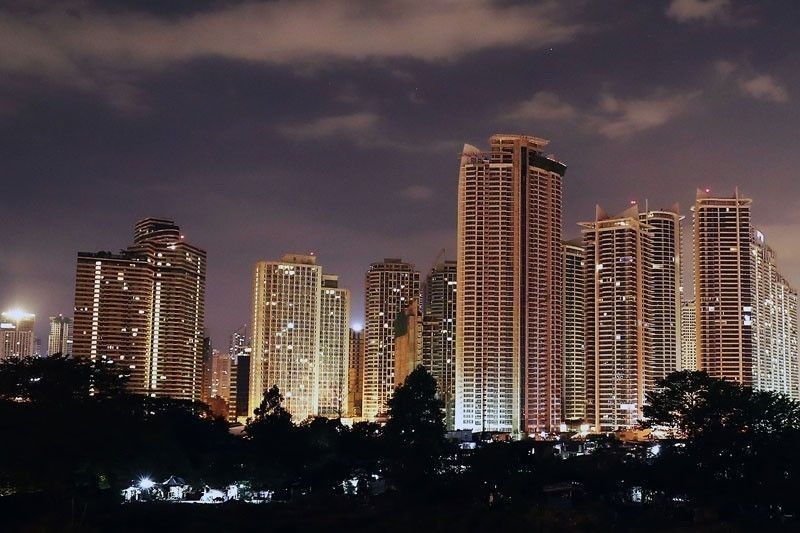Sharp economic slowdown unlikely – FMIC

MANILA, Philippines — A sharp slowdown in Philippine economic growth is unlikely to be seen next year despite a looming global recession, with domestic demand expected to remain strong, according to First Metro Investment Corp. (FMIC) and University of Asia and the Pacific (UA&P) Capital Markets Research.
In the Market Call report for December released yesterday, FMIC and UA&P said they do not expect a sharp slowdown in the country’s gross domestic product (GDP) growth for next year.
“The ongoing global economic slowdown will not likely heavily impact the country’s GDP growth, since the country relies more on domestic demand as its main driver,” FMIC and UA&P said.
They said the economic growth for next year, however, is likely to be slower than the 7.3 percent growth expected in 2022.
In the third quarter, the Philippine economy grew by a faster-than-expected pace of 7.6 percent, bringing the average growth for the January to September period to 7.7 percent.
“We don’t expect a deep slowdown in consumer spending,” FMIC and UA&P said.
While employment is likely to slow down after the Christmas season, FMIC and UA&P said this is expected to remain above the levels seen in the first half of the year, and sufficient for consumer spending to remain strong.
FMIC and UA&P also expect the inflation rate to start falling in the first quarter.
“We think that it will ease starting January 2023 to around six percent in Q1 (first quarter) and below that by Q2 (second quarter),” FMIC and UA&P said.
They expect lower crude oil and commodity prices as demand eases due to the global recession.
Last month, the country’s headline inflation rate hit a 14-year high of eight percent from 7.7 percent in October, driven by faster increases in food prices.
Investments are also seen to be a driver of growth for next year.
FMIC and UA&P said investments in infrastructure and capital goods would accelerate next year given the recently amended Public Service Act, which now allows full foreign ownership in telecommunications, domestic shipping, railways, subways, airlines, airports, expressways and tollways.
“However, we still think foreign investors will partner with large local firms which know how to navigate the political landscape,” FMIC and UA&P said.
Earlier, National Economic and Development Authority Secretary Arsenio Balisacan said the country’s economic growth may surpass the government’s 6.5 to 7.5 percent target for this year, given the latest performance and indications of strong growth in the last quarter of the year.
For next year, the government recently lowered its GDP growth target to six to seven percent from the previous 6.5 to eight percent, citing a global economic slowdown that could affect the country’s economic performance.
- Latest
- Trending





























